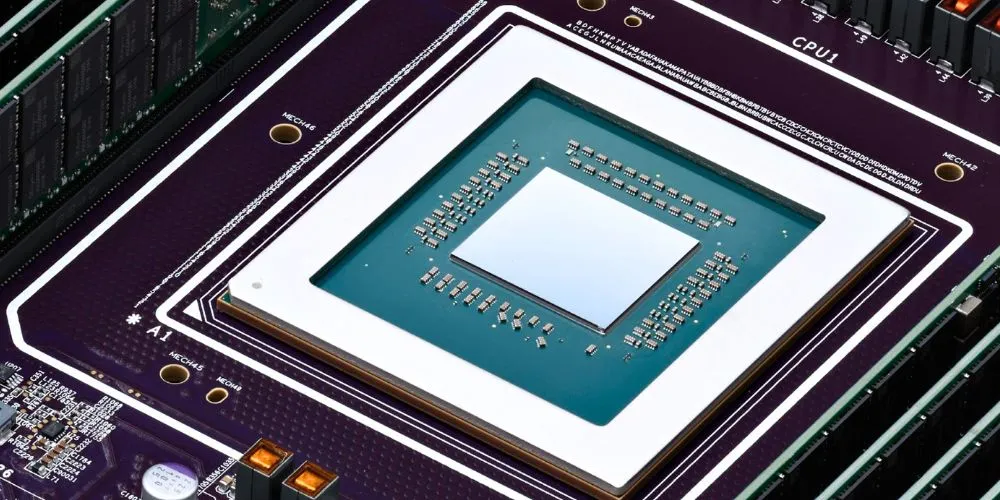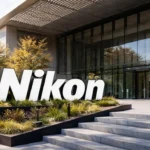Key Points
- Celestial AI secured $250 million in funding, bringing its total to $515 million. The company is using photonics to enhance AI chip-to-memory connectivity.
- Nvidia currently leads in memory bandwidth with NVLink and NVSwitch.
- Celestial AI’s “photonic fabric” aims to improve speed, space efficiency, and energy consumption.
- The latest funding round was led by Fidelity and included major investors like BlackRock, Maverick Capital, and Tiger Global.
Silicon Valley-based Celestial AI has secured an additional $250 million in venture funding, raising its total capital to $515 million. The company is focused on solving a crucial speed bottleneck in artificial intelligence by using photonics, which relies on light instead of electrical signals, to enhance data transfer between AI processing chips and memory. This innovation aims to improve memory bandwidth, a key factor in AI chip performance.
Nvidia dominates this space with its proprietary NVLink and NVSwitch technologies, sparking a competitive push among startups to develop alternative solutions. Celestial AI competes with other photonics-focused companies like Lightmatter, which has raised $850 million, and Ayar Labs, which has secured $370 million. Unlike its rivals, Celestial AI’s approach involves creating a “photonic fabric,” a technology that acts as a high-speed, energy-efficient bridge between multiple chips.
Dave Lazovsky, CEO of Celestial AI, explained that the company aims to deliver high-speed data transfer while optimizing space and power efficiency—two critical aspects of chip design. Speaking from the company’s headquarters in Santa Clara, California, Lazovsky highlighted that solutions outside Nvidia are lacking. Celestial AI’s photonic fabric offers a new level of energy efficiency and reduced latency.
Fidelity Management & Research led the latest funding round, with participation from major investors such as BlackRock, Maverick Capital, Tiger Global Management, and Lip-Bu Tan, the former CEO of Cadence Design Systems. Existing backers, including AMD Ventures, Koch Disruptive Technologies, Singapore’s state investor Temasek, Xora Innovation, Porsche Automobil Holding, and The Engine Ventures, also contributed to the investment.
With this fresh capital infusion, Celestial AI is positioned to accelerate the development of its photonics-based AI infrastructure, potentially providing a strong alternative to Nvidia’s dominant memory bandwidth solutions.




